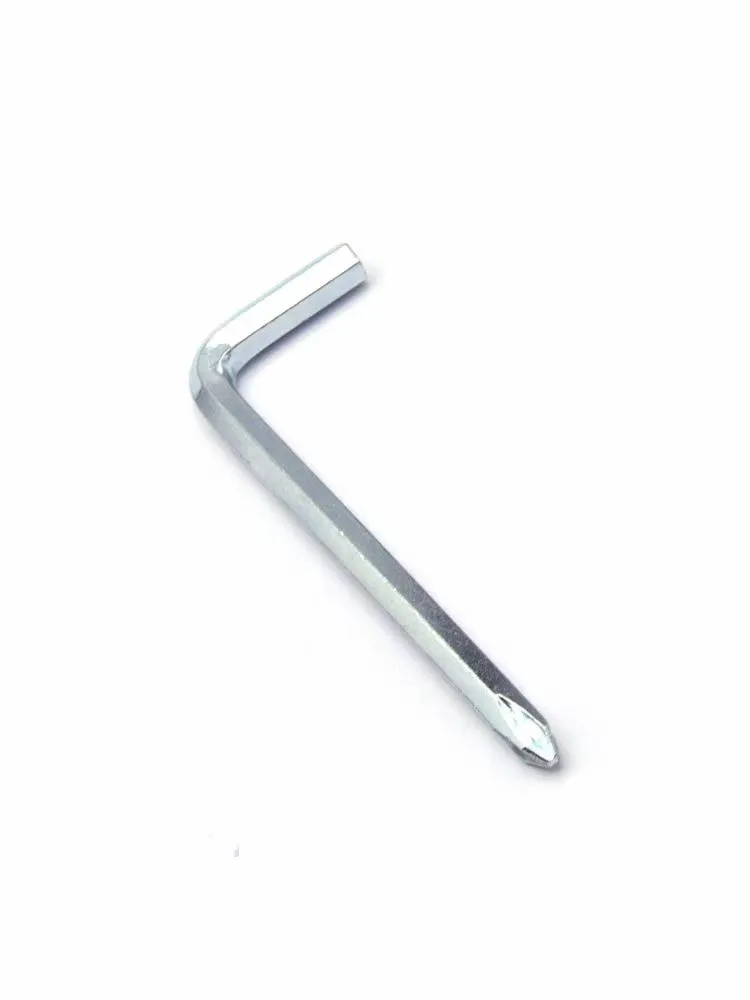

Hex Nuts Made from Mild Steel for Versatile Applications and Strong Connections
Nov . 09, 2024 05:17 Back to list
Hex Nuts Made from Mild Steel for Versatile Applications and Strong Connections
Understanding Mild Steel Hex Nuts A Comprehensive Guide
Mild steel hex nuts are a staple in the world of fasteners and play an invaluable role in various applications across multiple industries. Recognized for their versatility, strength, and affordability, these nuts are essential components in construction, automotive, machinery, and even home repairs. In this article, we will delve into the features, advantages, uses, and maintenance of mild steel hex nuts, providing a comprehensive understanding of this vital hardware.
What Are Mild Steel Hex Nuts?
Mild steel hex nuts are hexagonal-shaped fasteners with internally threaded holes, designed to be paired with bolts or screws of matching size and thread pitch. Their hexagonal shape allows for easy gripping and turning with standard tools, making installation and removal straightforward. These nuts are made from mild steel, which is an alloy of iron with a low carbon content, making them ductile and malleable, yet strong enough for most general applications.
Features and Specifications
Mild steel hex nuts come in various sizes and grades, catering to different requirements. Common specifications include diameter, thickness, and thread type, which can be either coarse or fine. The most frequently used standard for hex nuts is the ISO metric system, but imperial measurements are also prevalent in certain regions, particularly in construction.
Typically, mild steel hex nuts are subjected to surface treatments, such as galvanization, to enhance their corrosion resistance. While mild steel itself lacks inherent rust resistance, treatments like zinc plating form a protective barrier against moisture and oxidation, significantly extending their lifespan.
Advantages of Mild Steel Hex Nuts
1. Cost-Effective Mild steel hex nuts offer an economical solution for fastening needs. Their relatively low material cost makes them accessible for large-scale applications without compromising quality.
2. Versatility These nuts can be used in various settings, from industrial machinery to residential home projects. Their compatibility with standard bolts makes them an excellent choice for diverse applications.
3. Strength Mild steel provides adequate tensile strength, making these nuts reliable for holding components together securely. They can withstand moderate loads and stresses without deforming.
mild steel hex nuts

5. Customizable Available in countless sizes, grades, and finishes, mild steel hex nuts can be tailored to meet specific project requirements.
Common Applications
Mild steel hex nuts are utilized across a wide range of sectors
- Construction Used in building frames, bridges, and infrastructure, they play a critical role in ensuring structural integrity.
- Automotive These nuts are common in vehicle assembly, where they secure components to the chassis or engine.
- Machinery In industrial settings, mild steel hex nuts fasten parts and assemblies together, contributing to operational efficiency.
- Home Improvement Homeowners often use mild steel hex nuts in DIY projects and repairs, thanks to their easy availability and reliability.
Maintenance and Care
To ensure the longevity and effectiveness of mild steel hex nuts, proper maintenance is essential. It is crucial to check for signs of corrosion, especially in outdoor or humid environments. Applying a rust inhibitor or occasional lubrication can further protect against degradation. If a nut becomes stripped or damaged, it should be replaced promptly to maintain safety and functionality in the assembly.
Conclusion
In summary, mild steel hex nuts are fundamental components that combine strength, cost-effectiveness, and versatility across various applications. Understanding their features, advantages, and maintenance needs enables users to make informed decisions in their selection and usage. Whether in industrial or home settings, these nuts are pivotal in achieving sturdy and reliable connections in any assembly.
Latest news
-
High-Strength Hot Dip Galvanized Bolts - Hebei Longze | Corrosion Resistance, Customization
NewsJul.30,2025
-
Hot Dip Galvanized Bolts-Hebei Longze|Corrosion Resistance&High Strength
NewsJul.30,2025
-
High-Strength Hot-Dip Galvanized Bolts-Hebei Longze|Corrosion Resistance&High Strength
NewsJul.30,2025
-
Hot Dip Galvanized Bolts-Hebei Longze|Corrosion Resistance&High Strength
NewsJul.30,2025
-
Hot Dip Galvanized Bolts - Hebei Longze | Corrosion Resistance, High Strength
NewsJul.30,2025
-
High-Strength Hot Dip Galvanized Bolts-Hebei Longze|Corrosion Resistance, Grade 8.8
NewsJul.30,2025

